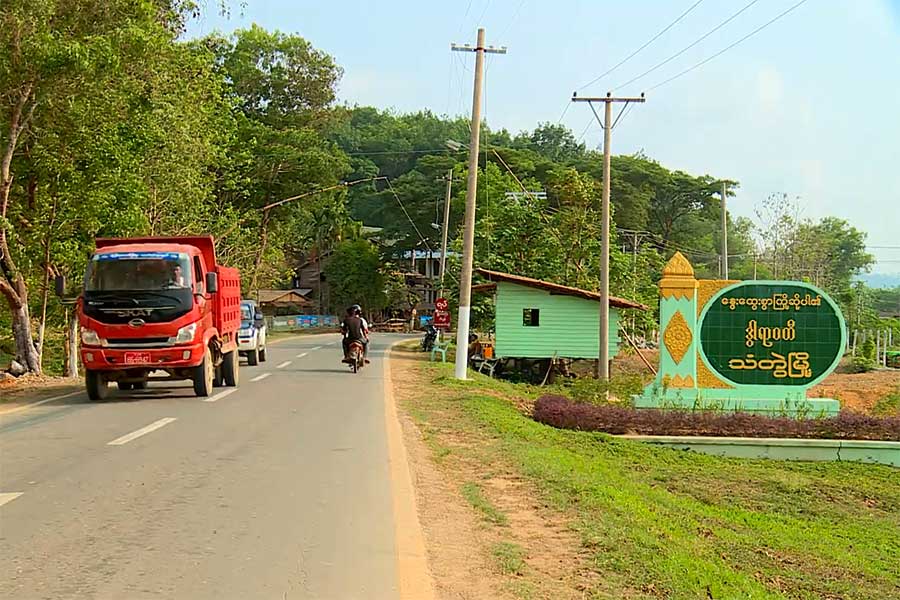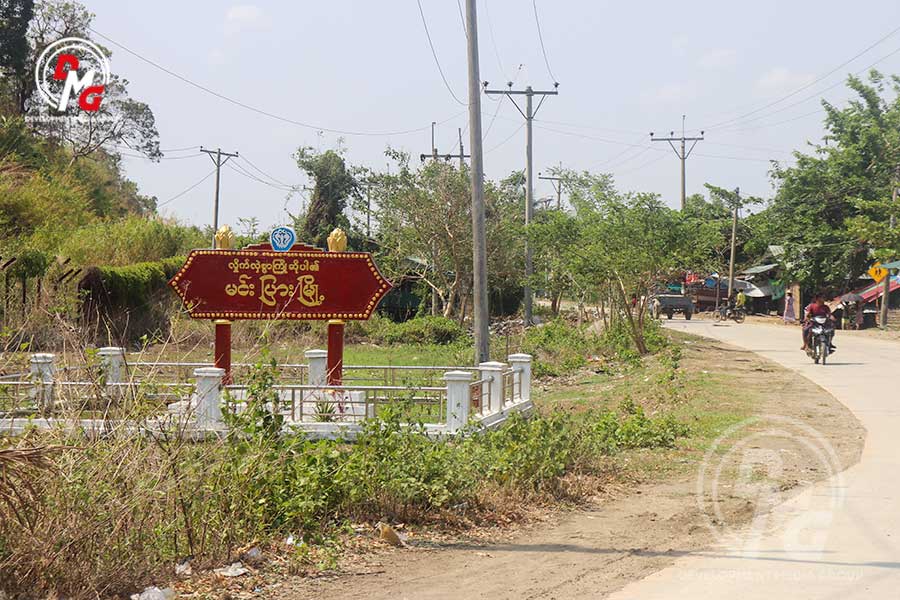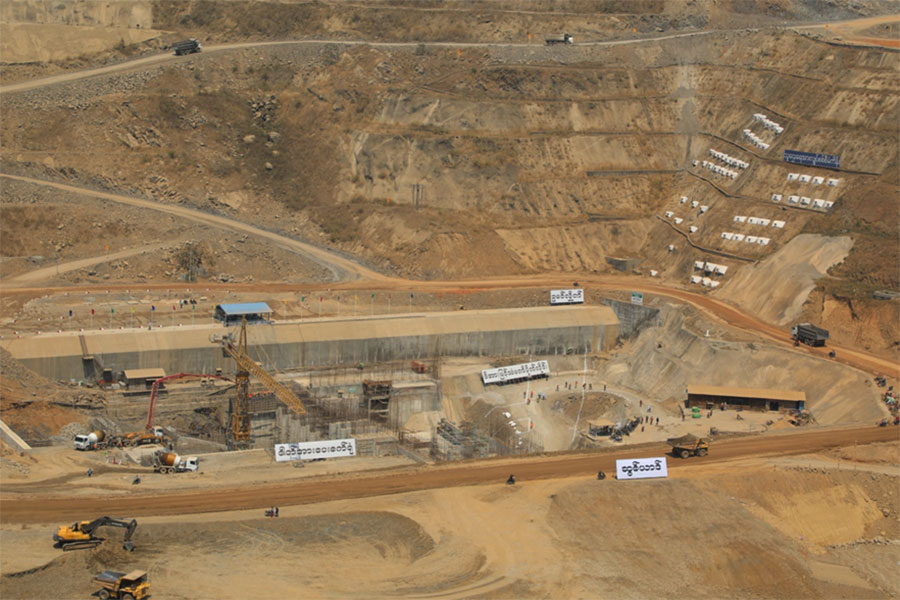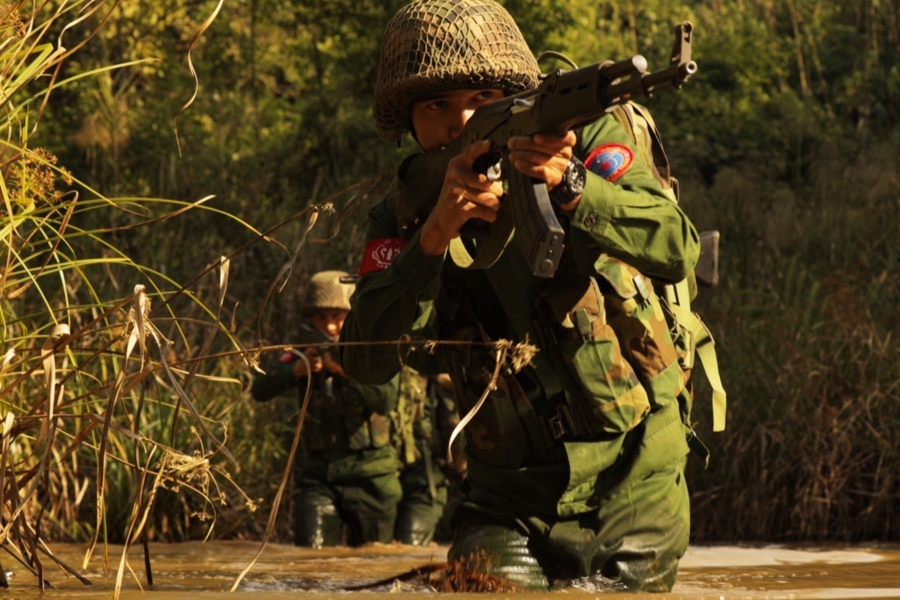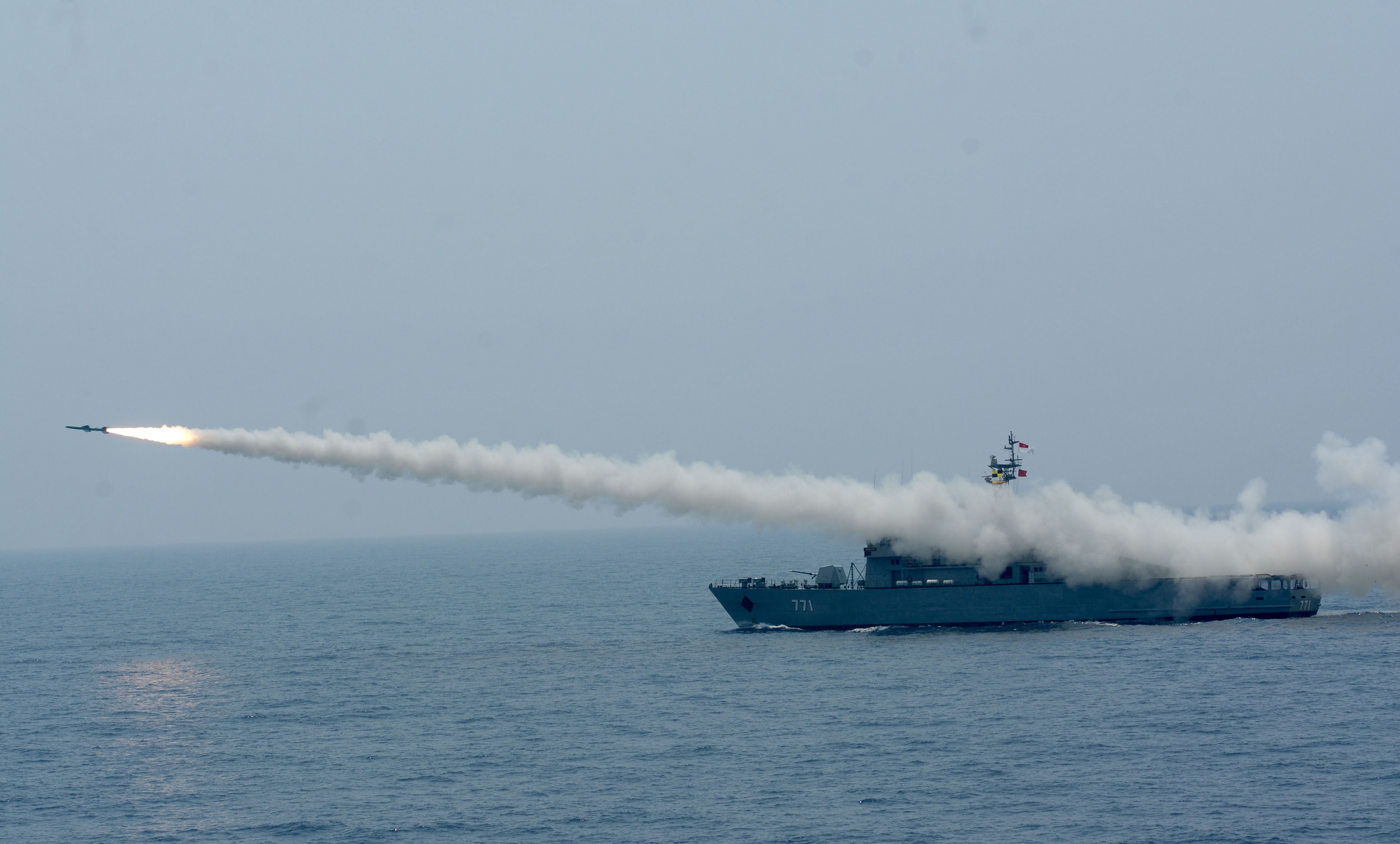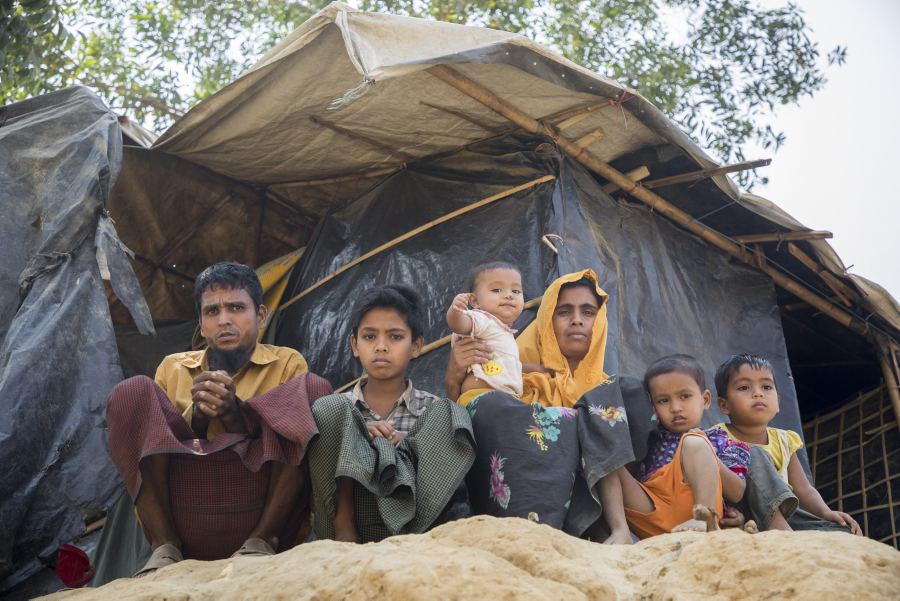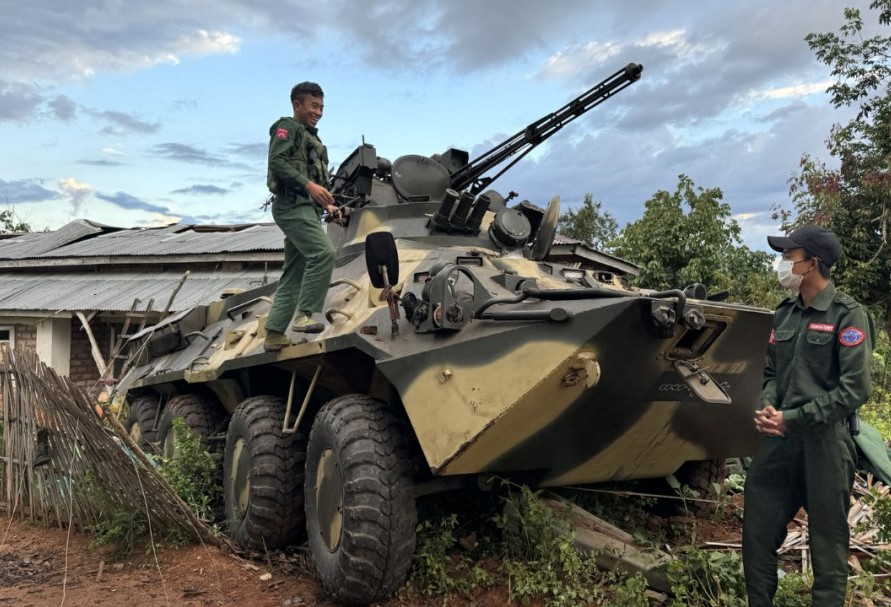ICRC to undertake 11 agriculture projects for conflict victims in Three States
The International Committee of the Red Cross (ICRC) will implement 11 farming and livestock projects aimed at benefiting victims of conflict in Arakan State, Shan State and Kachin State.
05 Dec 2020
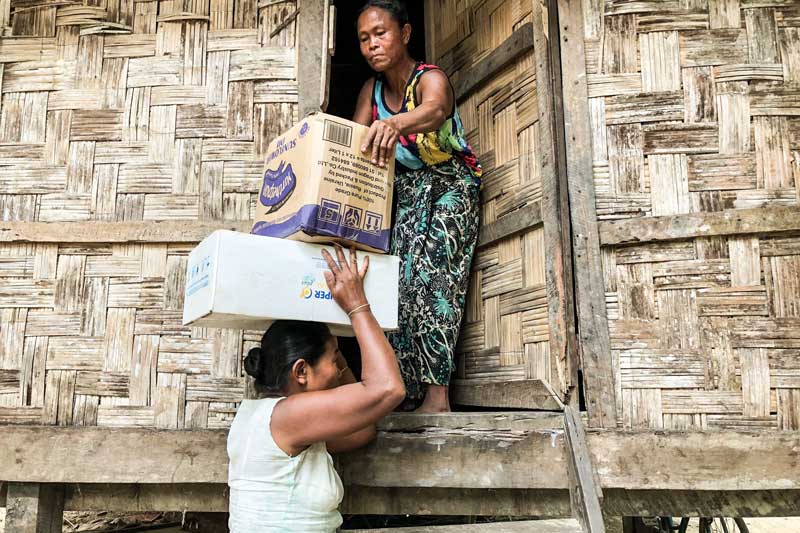
Myo Thiri Kyaw | DMG
5 December 2020, Sittwe
The International Committee of the Red Cross (ICRC) will implement 11 farming and livestock projects aimed at benefiting victims of conflict in Arakan State,Shan State and Kachin State.
The projects are intended to improve the quality of crops, yields and equipment used in the agricultural sector, the ICRC said.
The committee’s programmes will include improving livestock breeding through the provision of high-quality feedstuff, education for basic care technologies, and training to village-based animal health workers.
The head of the ICRC delegation in Myanmar, Stephan Sakalian, told DMG via email that the organisation is aware of the difficult situations that families often face in growing crops, rearing livestock and undertaking other agricultural practices in conflict zones.
“Moreover, they are facing, unfortunately, additional difficult situations due to COVID-19 pandemic,” he told DMG.
Although the projects are being carried out jointly by the ICRC and the Ministry of Agriculture, Livestock and Irrigation, they have not disclosed how long the projects will last or when they will be completed.
Maung Tun Sein, a farming businessman from Kan Pyin village in Rathedaung Township, said the projects would be of assistance for small-scale farmers at a time of instability, when farmers have been losing animals and croplands to the conflict in Arakan State.
“We must thank them [ICRC] for helping us at this time of hardships and conflict. We are glad for whatever we get. We welcome whenever they give us assistance,” he said.
There are more than 190,000 internally displaced people (IDPs) in Arakan State due to almost two years of fighting between the Tatmadaw and the Arakan Army, according to December 3 figures released by the Rakhine Ethnics Congress, which has been collecting data on IDPs.
More than 40,000 IDPs are estimated to have returned home in recent weeks due to a cessation of hostilities but often they face continuing difficulties, and for many more a return is not yet possible. What’s more, in the aid community, rehabilitation is widely understood as a process that is only beginning with the return home.

